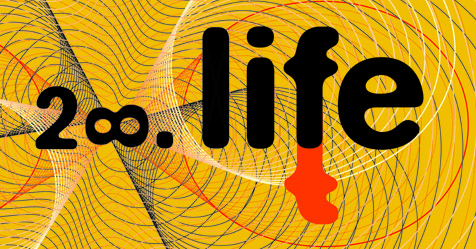Talk with actor Boris Kamorzin after the screening of Donbass by Sergey Loznitsa
Before last night’s opening ceremony, 29th Liffe opened with a controversial film that chronicles the Russian military intervention in Ukraine and the conflicts that raged throughout eastern Europe in a unique way, not only relying on artistic representation. For example, the scenes in shelters, which appeal to emotions too strongly, are an expressly documentary representation, thus rendering the film particularly susceptible to political, not only artistic criticism. A Q&A with Russian actor Boris Kamorzin followed the screening. Kamorzin talked about the director, presenting him as a knowledgeable natural scientist and translator, and went on to explain that the crew was international and the production well organised. He jokingly added that he liked to work with Loznitsa although “he aims to show that nothing is going right in Russia.” Kamorzin denied an emergence of fascism in Ukraine and explained that what looks like a right-wing, chauvinist movement is simply a power struggle among different oligarchs. According to Kamorzin, the film’s moral is simple: “All conflicts are bad”. Issues remain unresolved and the movie’s controversy should encourage urgent discussions on the “objectivity of anti-Russian standpoint and particularly on the ideological message of a (political) film”. The criticism of New Russia as a mob that does not respect authority or the ‘sanctity’ of marriage, that respects neither inalienability of property nor inviolability of religion, is quite possibly a traditionalistic cynical ‘criticism’, which is ordinarily considered irrational, reactionary, intolerant and exclusive, and thus a breeding ground for the extreme right. And this is what makes this film relevant. The talk was moderated by Damijan Vinter with the help of interpreter Daša Cerar.
Nataša Šušteršič
Photo Iztok Dimc







